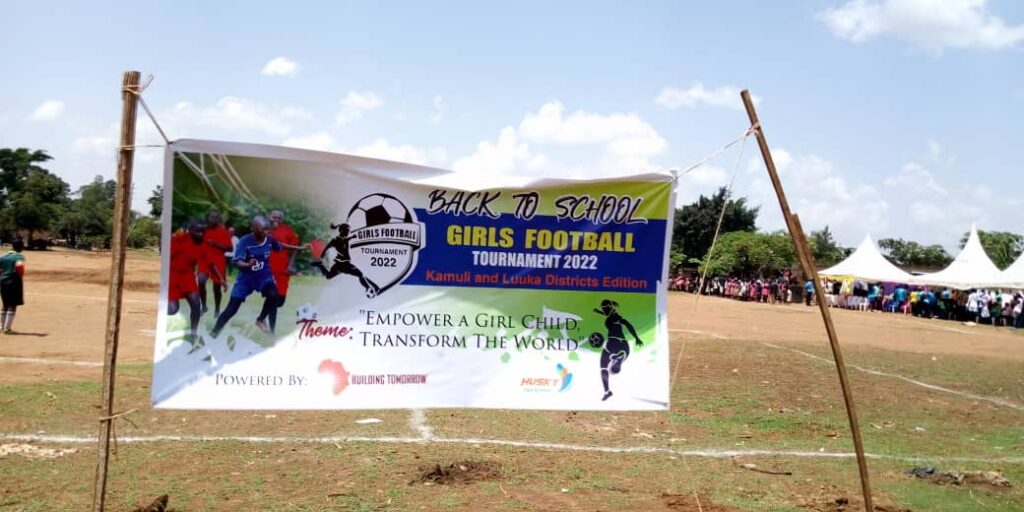In the heart of Eastern Uganda, in the districts of Kamuli and Luuka, a transformative initiative took place. The Dreamer’s Center for Development, in collaboration with Mr. Kuzanya John Bosco, launched a groundbreaking project aimed at combating school dropouts and early marriages among girls. The initiative, named the “Back to School Girls’ Football Tournament,” sought to empower young girls and provoke sustainable social transformation.
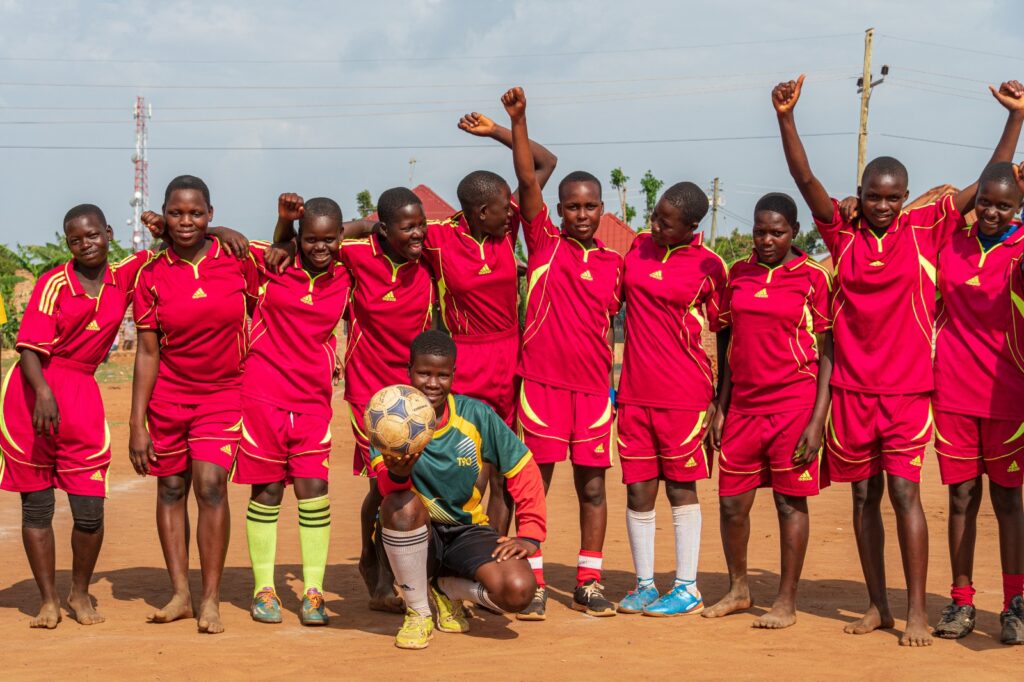
Objective
The goal of this initiative was clear: to ensure that no girl of school-going age would be out of school by 2030. The project aimed to empower girls by building their confidence, breaking gender stereotypes, reducing dropout rates, and eliminating teenage pregnancies. The initiative also sought to raise funds for self-sustainability and hand skill training for girls, ultimately alleviating poverty in the long run. By forming girls’ soccer clubs and hand-skilling clubs, the project empowered over 2,000 girls in Kamuli and Luuka districts in 2022 alone, with 40 schools participating.
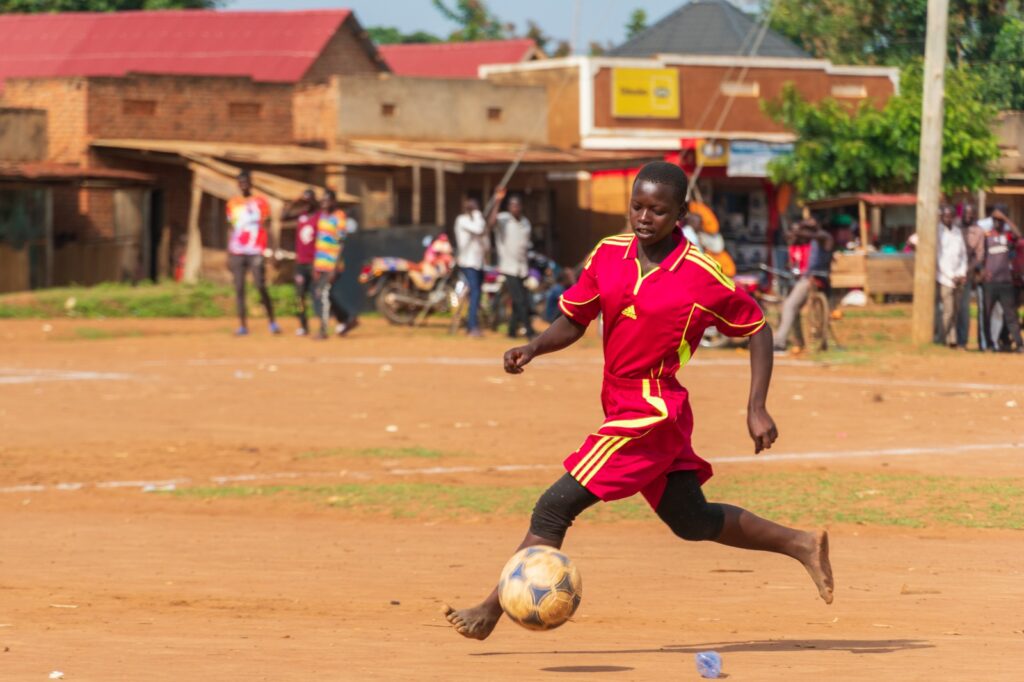
The Problem
The problem was severe and multifaceted. Since the closure of schools due to the COVID-19 pandemic, many learners, especially girls, had lost hope of returning to school. According to a recent report by Action Aid, the primary school dropout rate for girls in Uganda was 20% annually, with rates up to four times higher in the northern and eastern parts of the country. Early marriages and teenage pregnancies were rampant, with some areas seeing rates well above 50%. In Luuka and Kamuli districts, over 60% of the approximately 82,000 girls under 18 failed to complete primary education.
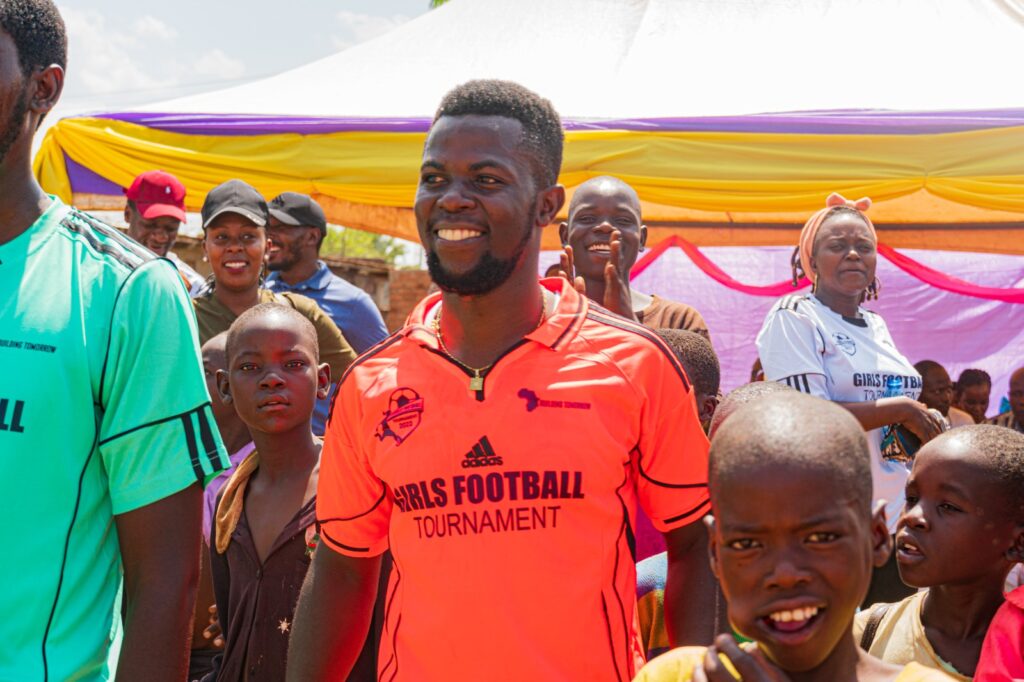
The Initiative
The Back to School Girls’ Football Tournament was designed to address these issues by making school an attractive and engaging place for girls. By utilizing football, a sport known for fostering peace, unity, and empowerment, the initiative aimed to break the gender stereotype that girls were only good for bride price and childbearing. The tournament not only provided girls with a sense of dignity and belonging but also taught them virtues like discipline, confidence, and patience.
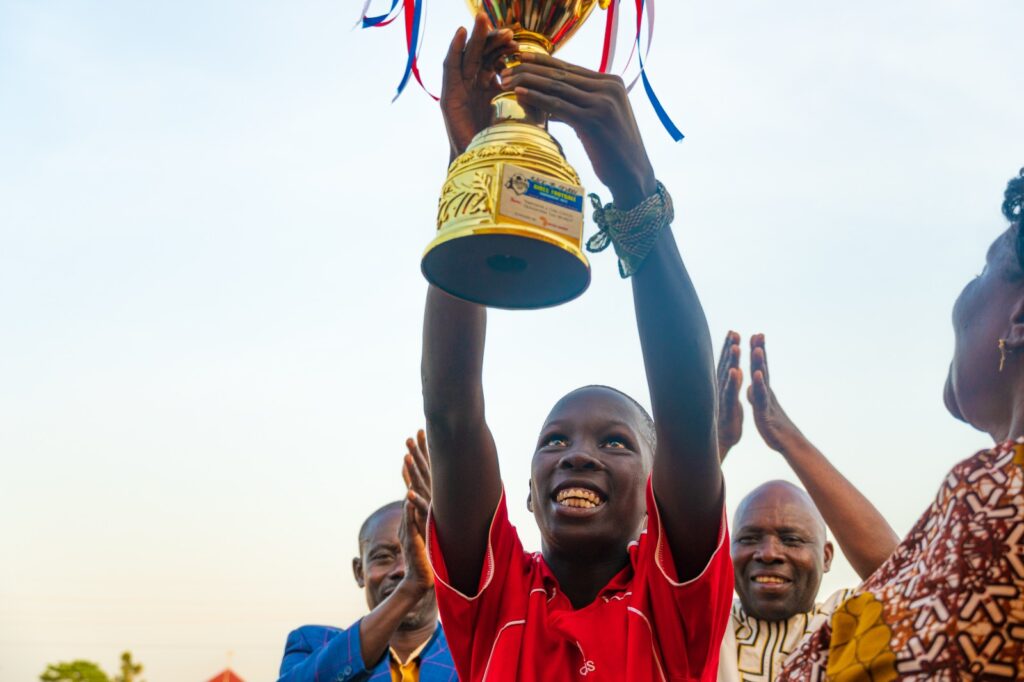
Benefits
The benefits of this initiative were extensive. For the girls, it offered a chance to discover their talents, build confidence, and challenge stereotypes. It also encouraged teenage mothers to return to school and provided hands-on skills in various fields, such as manufacturing handicrafts, liquid soap, and candles, which could help them earn money and sustain their education.
For the schools, the initiative promised increased enrollment, better retention rates, and improved performance in sports activities. For the districts, it aimed to reduce teenage pregnancies and school dropouts while improving overall educational performance. The community became more sensitized to the importance of education and gender equality.
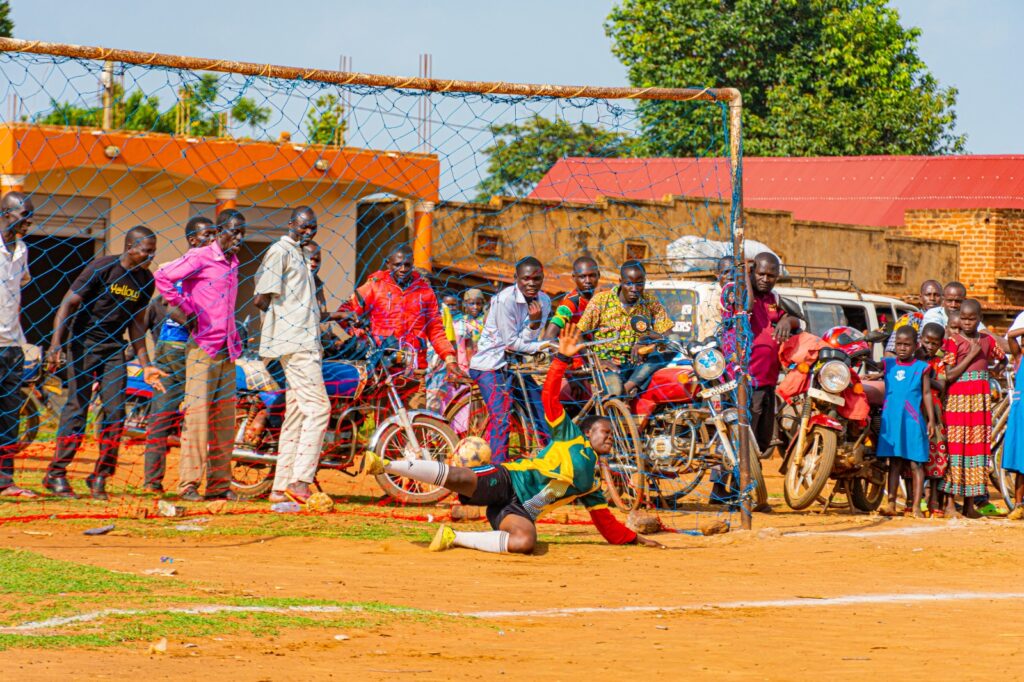
Schedule and Sustainability Plan
The tournament involved 40 schools from Luuka and Kamuli districts, mobilized through collaboration with district education officers, youth leaders, and local authorities. The initiative was sustainable, conducted annually, and open to all interested primary schools. The criteria for participation ensured that all team players were registered students.
The tournament took place from March 4th to April 1st every year, with games played in a gala format. The winners received cash prizes and trophies, and every participating team received a ball. Awards were also given for discipline, smartness, and other outstanding factors.
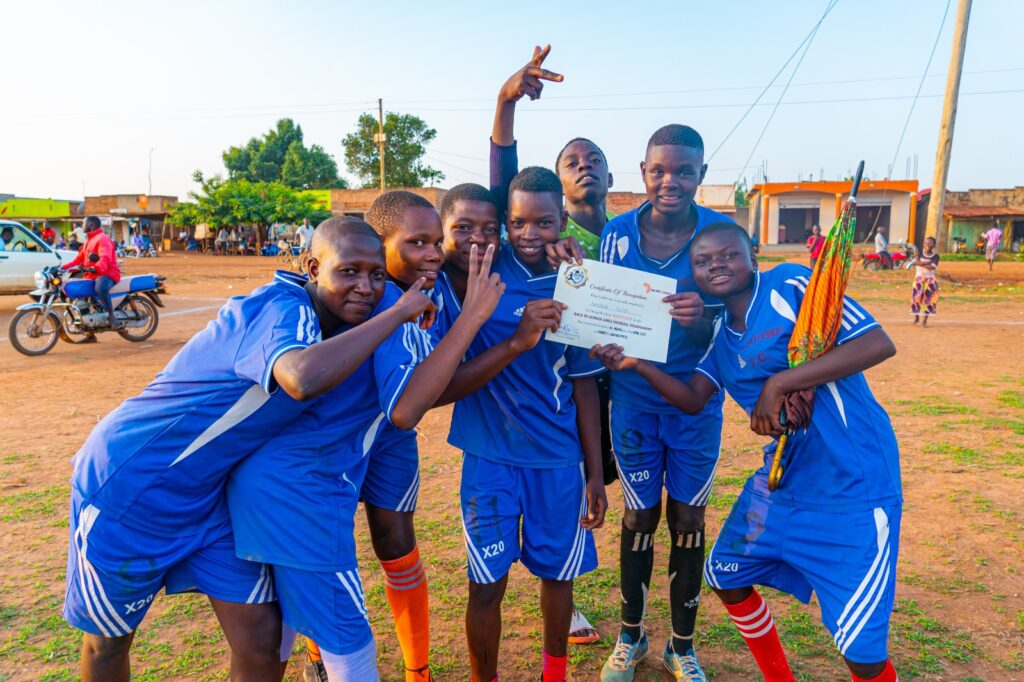
Conclusion
The Back to School Girls’ Football Tournament was more than just a sports event. It served as a beacon of hope for the girls of Kamuli and Luuka districts. By empowering these girls through football and hand skill training, the Dreamer’s Center for Development and Mr. Kuzanya John Bosco not only combated school dropouts and early marriages but also paved the way for a brighter, more equitable future. As these girls grew in confidence and skills, they transformed their communities, ensuring that the promise of education and empowerment was fulfilled for generations to come.
